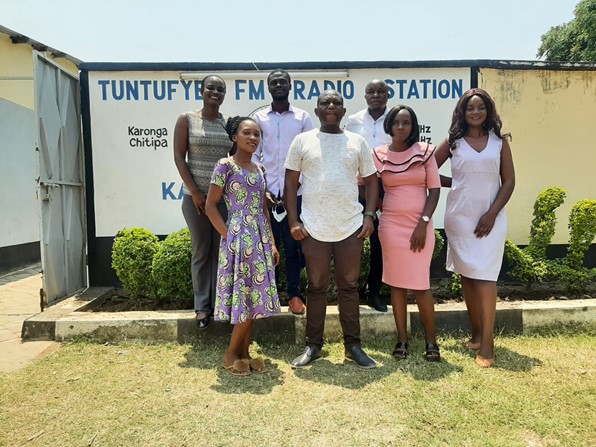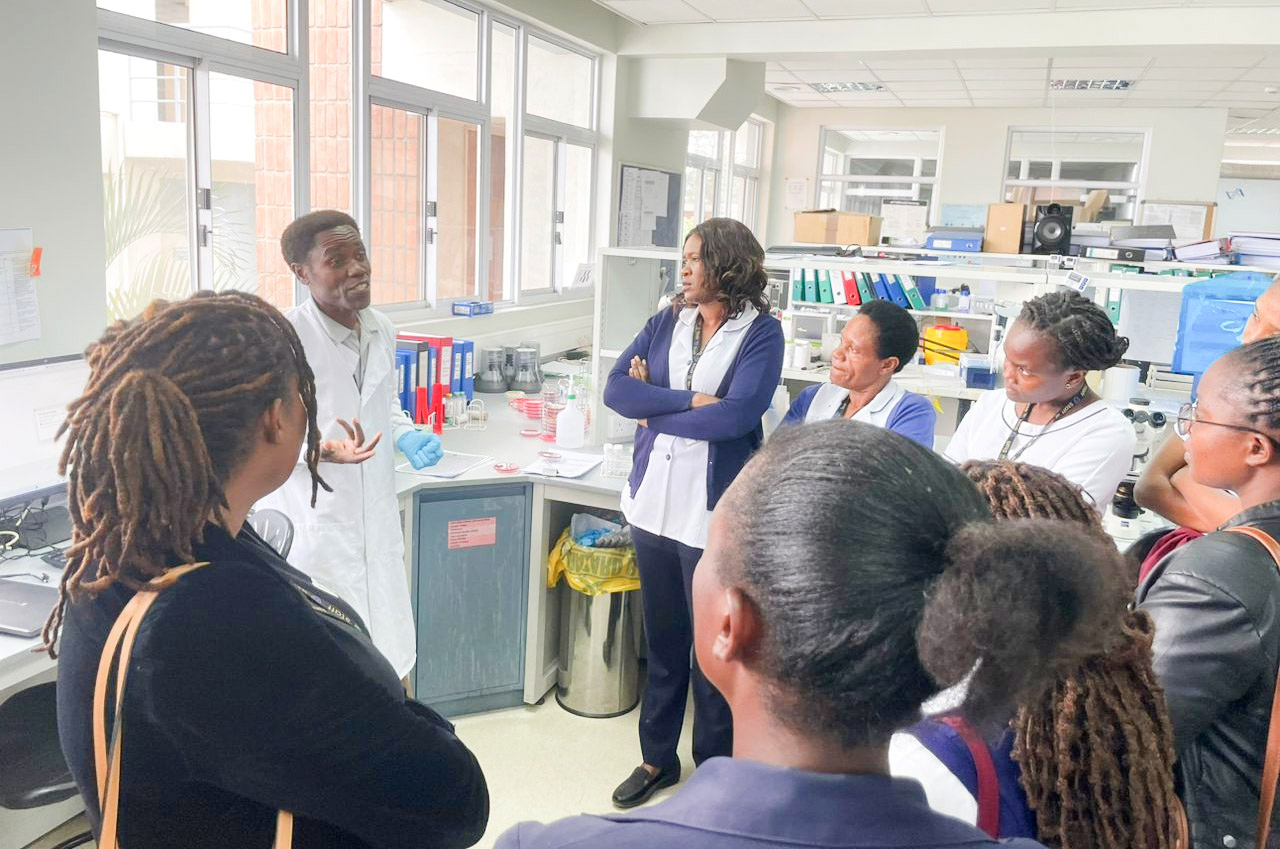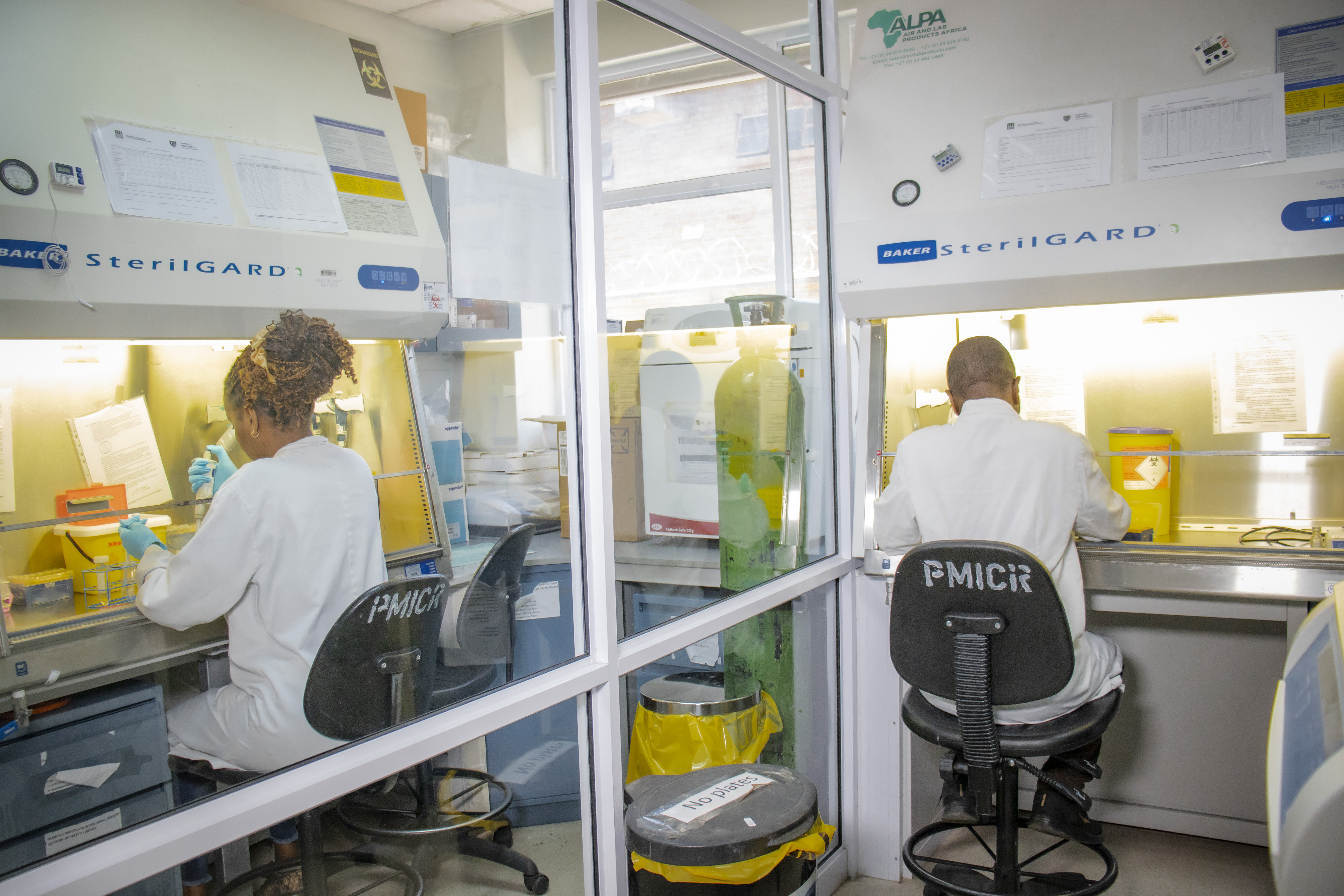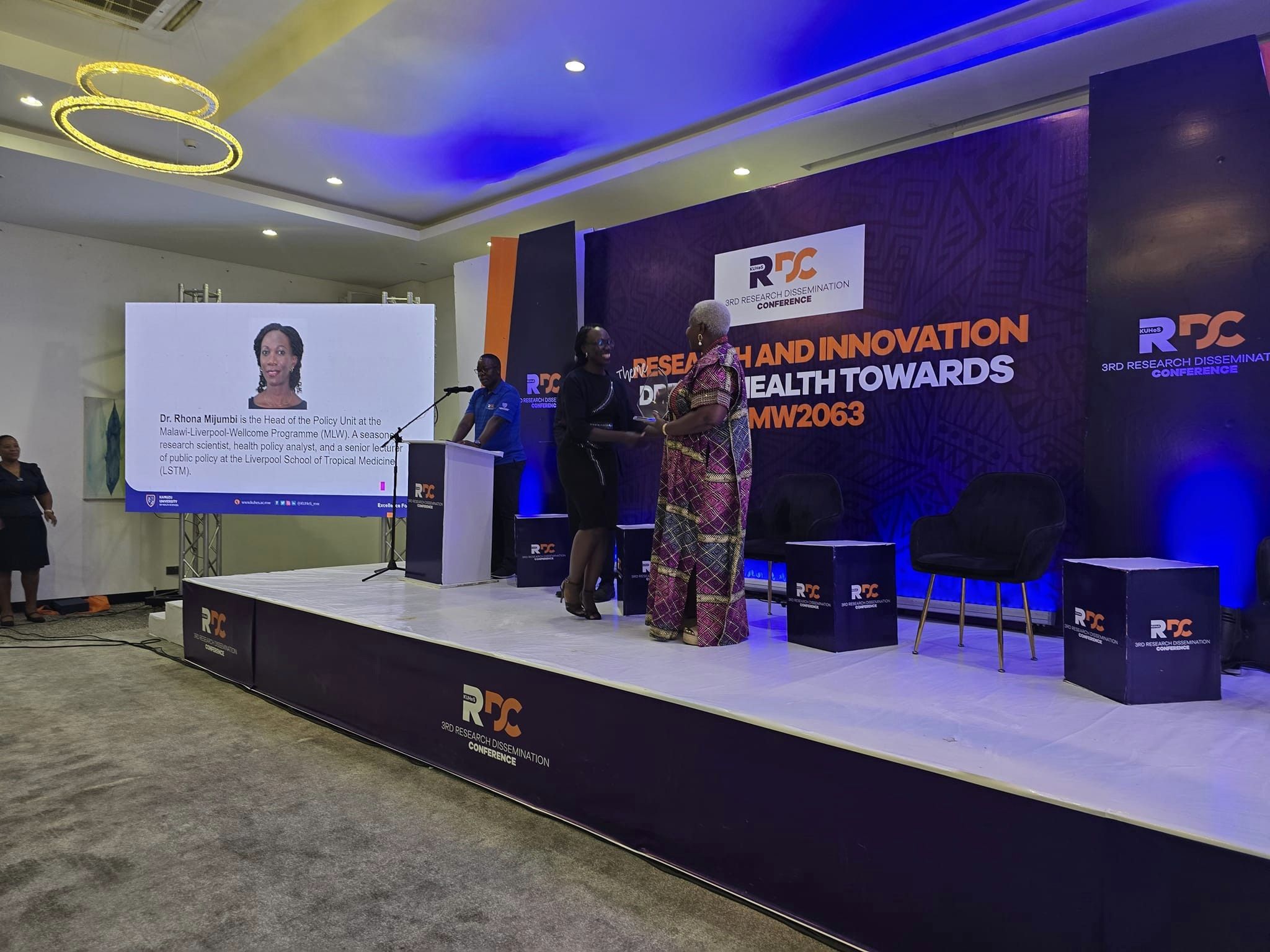To help build the capacity of the local media in reporting the COVID-19 pandemic, MLW under its Communications Department has been conducting pandemic reporting training with community radio journalists. So far, journalists from Mchinji, Mangochi, Rumphi, Karonga Nkhotakota, and Chikwawa have benefited from this initiative.
These trainings are being conducted under Empower to report: Inform to Dispel media project with funding from the National Research Fund – NRF COVID-19 rapid response grant led by Rachel Mhango, Rodrick Sambakunsi, and Yohane Gadama.
Speaking on the need of conducting these trainings, Rachel Mhango said, “The media has an upper hand in influencing people’s decisions on many issues and COVID is no exception. For this reason, it is required of journalists to report only what is right.”
“Upskilling journalists on the principles of effective science communication is the key for this project. Most rural settlers only rely on community radios. Training community journalists who are gatekeepers of the community is very important because it will lead to informed decision-making including getting vaccinated. These trainings alone are not enough, we will continue to conduct online refresher trainings and online dialogues through WhatsApp and sharing of educational links such as World Health Organisation’s and MLWs sites,” said Mhango.
A journalist from Tuntufye Community Radio Station in Rumphi Gamphani Gondwe is one of the beneficiaries of these trainings. He said he will put to use the skills which have been invested in him to help people make informed decisions through science reporting.
“The purposeful spread of inaccurate information is nothing new, a wide range of people have become immersed in fake science news that they have lost their trust in radios these days. This being the main challenge, the trainings conducted by MLW has fully equipped us on how to change people’s mindset, how to convince them to believe in what is true, and how to make them ambassadors of the truth,” said Gondwe.
These trainings are essential vehicles for community journalists to gain new skills and knowledge in a pandemic-evolving news setting. And because science journalism is the main conduit for the dissemination of scientific information to the public, involving people from the science field in these trainings, can promote the efficient transmission of scientific advances to the lay public.
News coverage remains influential in setting public agendas regarding what news consumers talk about and how policymakers respond. There is a strong belief that the breadth of expertise that these community radio journalists have acquired, will benefit Malawi at large.



